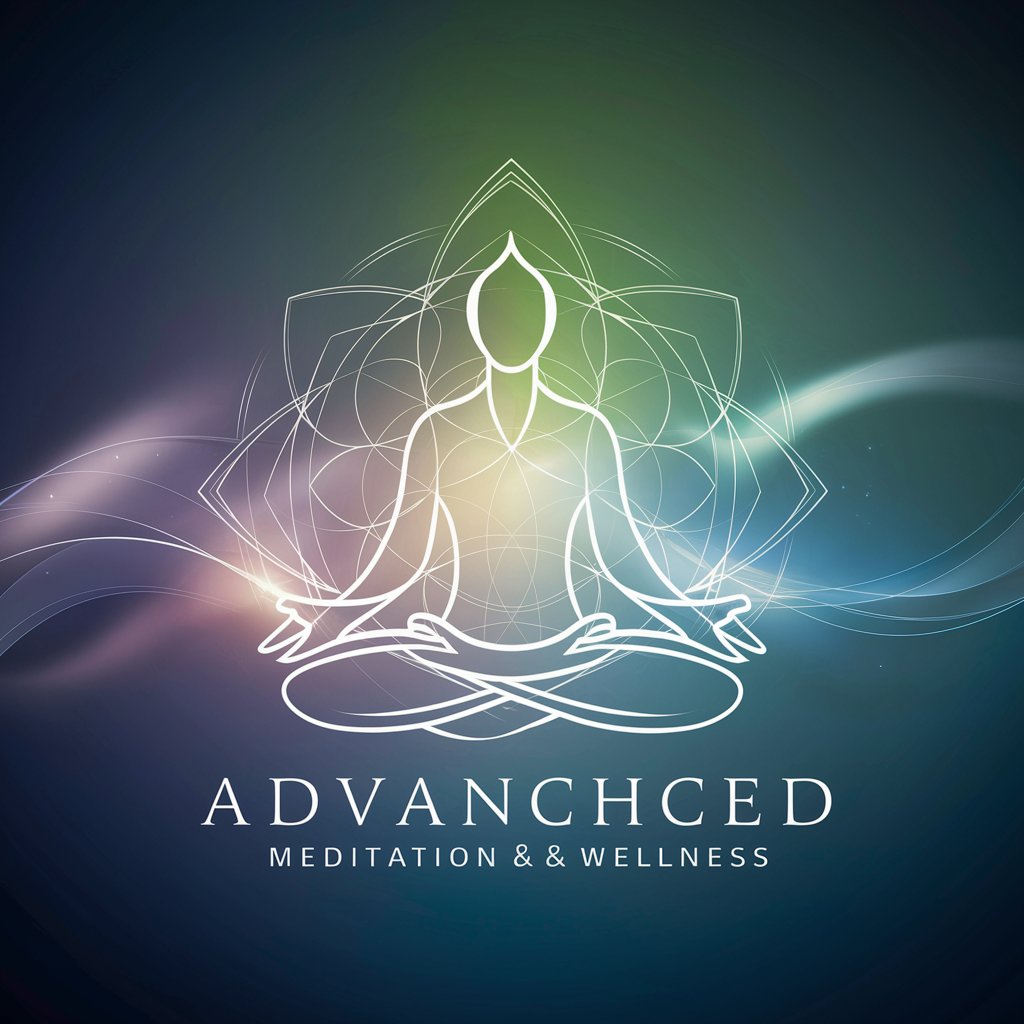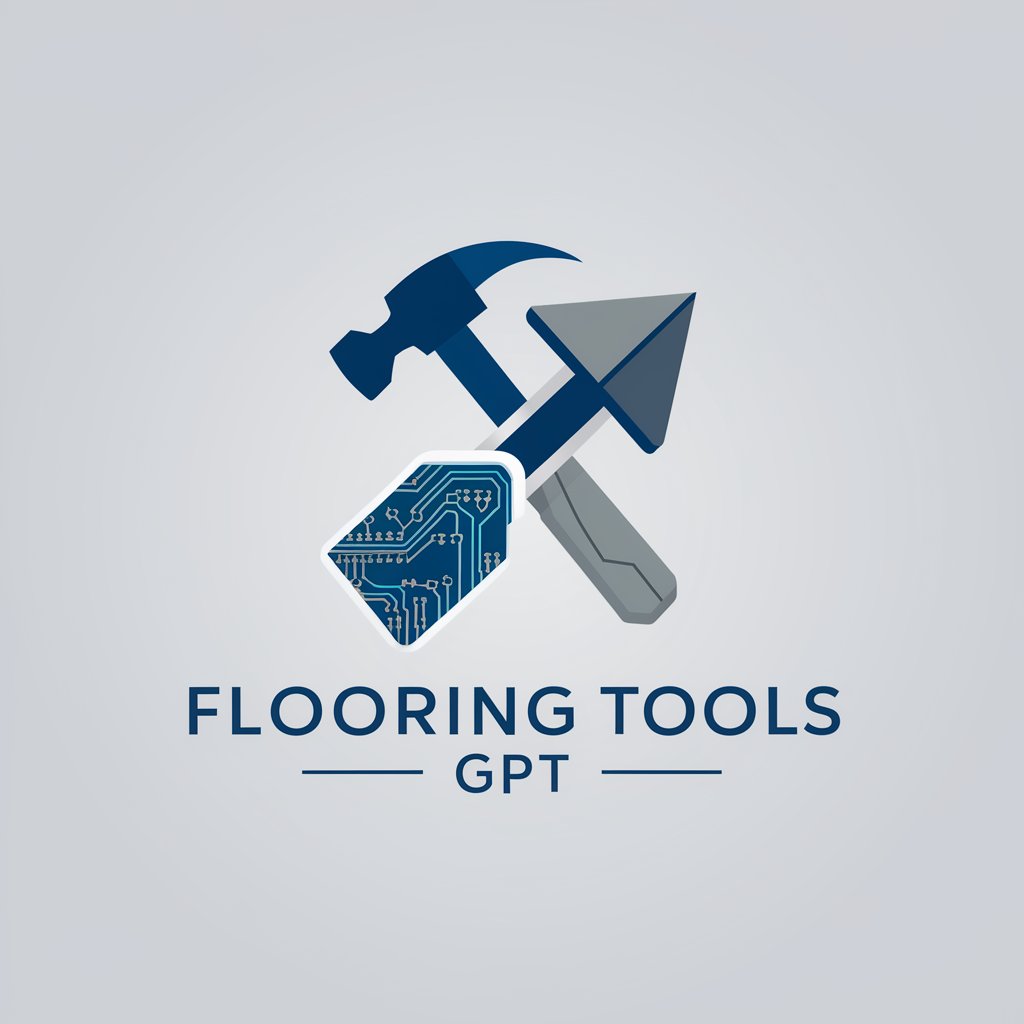Meditation Tools - Meditation Guidance

Welcome. How can I assist you on your meditation journey today?
Empower your inner journey with AI
Can you explain the benefits of using binaural beats for meditation?
What are some advanced meditation techniques to deepen my practice?
How do different meditation tools enhance mindfulness and focus?
What frequencies are most effective for promoting relaxation and mental clarity?
Get Embed Code
Introduction to Meditation Tools
Meditation Tools is designed as a comprehensive resource for individuals seeking to enhance their meditation practice through the use of various techniques, tools, and knowledge. It aims to serve as a guide for exploring the depths of meditation, offering insights into practices that range from basic to advanced levels. With a focus on binaural frequencies, meditation techniques, and advanced brain training methods and devices, this service provides detailed information to help users deepen their meditation experience. Examples of how Meditation Tools can be utilized include guiding a beginner through the basics of mindfulness meditation, advising on the use of binaural beats for concentration, or discussing the benefits of meditation cushions for posture and comfort during practice. The purpose is to educate and assist users in discovering meditation practices that suit their individual needs, preferences, and goals, thereby enhancing their overall health and wellness journey. Powered by ChatGPT-4o。

Main Functions of Meditation Tools
Guidance on Meditation Techniques
Example
Providing step-by-step instructions for mindfulness meditation, including breath awareness and body scanning exercises.
Scenario
A user new to meditation is looking for a simple, effective way to start practicing and finds detailed guidance on mindfulness techniques.
Information on Binaural Frequencies
Example
Explaining how different binaural beats can influence brainwave patterns to promote relaxation, focus, or sleep.
Scenario
An experienced meditator seeks to deepen their practice by incorporating binaural beats and finds detailed explanations on which frequencies to use for specific states of mind.
Advice on Meditation Tools and Devices
Example
Recommending specific meditation cushions for posture, apps for tracking progress, or wearables that monitor physiological responses during meditation.
Scenario
A user looking to enhance their comfort and track the effectiveness of their meditation sessions receives recommendations on the best tools and devices.
Support for Advanced Brain Training
Example
Discussing advanced meditation techniques and technologies, such as neurofeedback devices, that can help users achieve deeper states of meditation.
Scenario
An individual interested in exploring the limits of their meditation practice learns about advanced tools and methods for brain training.
Ideal Users of Meditation Tools Services
Beginners to Meditation
Individuals who are new to meditation and looking for guidance on where to start, how to meditate, and understanding the basics of the practice. They benefit from Meditation Tools by receiving clear, easy-to-follow instructions and recommendations on simple techniques and tools to kickstart their journey.
Experienced Meditators
Practitioners with some experience who wish to deepen their practice, explore new techniques, or integrate meditation tools and devices into their routine. They find value in advanced information on binaural beats, meditation accessories, and brain training methods to enhance their sessions.
Health and Wellness Enthusiasts
Individuals interested in the broader aspects of health and wellness, including mental health, stress reduction, and self-improvement through meditation. They benefit from the comprehensive approach of Meditation Tools, which encompasses both the physical and psychological aspects of meditation practice.
Technology and Gadget Lovers
Users fascinated by the intersection of technology and meditation, looking to utilize the latest gadgets, apps, and devices to support their meditation practice. They appreciate insights into how technology can enhance meditation through biofeedback, virtual reality meditation environments, and more.

How to Use Meditation Tools
Begin with a Free Trial
Initiate your journey by accessing a free trial at yeschat.ai, no sign-up or ChatGPT Plus subscription required.
Explore Meditation Techniques
After entry, explore various meditation techniques available. Identify those that resonate with your goals, whether it's stress reduction, enhanced focus, or deeper self-awareness.
Select Your Tool
Choose from a range of meditation tools provided, including guided meditations, binaural beats, and meditation timers, based on your preference and the technique you wish to practice.
Customize Your Experience
Adjust settings such as duration, background sounds, and guidance level to suit your comfort level and meditation objectives.
Regular Practice
Incorporate meditation into your daily routine. Regular practice enhances the benefits and facilitates a deeper connection with your inner self.
Try other advanced and practical GPTs
AI Tool
Unleashing Creativity with AI

Agile Mentor
Empowering Agile Journeys with AI

Your Copywriter SEO
Elevate Your Content with AI Power

REPP Campagne assistent
Empowering Real Estate Marketing with AI

Wolfe Strategic GPT
Empower Decision-Making with AI

Product Copywriting Description + CVR Optimizer
Elevate Content, Maximize Conversions

Flooring Tools
Empowering Your Flooring Projects with AI

Farm Equipment
Empowering agriculture with AI-driven solutions

Free SEO tools for content writing
Empower Your Writing with AI-driven SEO Insights

Equipment Parts
Empowering Equipment Excellence with AI

Equipment Rental
Smart AI for Smart Rentals

Ecom Store Optimization
Optimize Your Store, Maximize Your Sales

FAQs on Meditation Tools
What are binaural beats and how do they work?
Binaural beats are an auditory illusion perceived when two different frequencies are played in each ear. They are thought to induce states of relaxation, focus, or sleep by encouraging the brain to align its wave frequency with the beat's frequency difference.
Can meditation tools help with anxiety?
Yes, meditation tools like guided meditations or mindfulness exercises can help reduce anxiety by promoting relaxation, enhancing self-awareness, and teaching coping strategies to manage stress.
How long should I meditate using these tools?
Duration can vary based on personal preference and experience level. Beginners might start with 5-10 minutes daily, while more experienced practitioners may meditate for 20 minutes to an hour or more.
Are meditation tools suitable for beginners?
Absolutely. Meditation tools offer various options to cater to all levels, including beginners. They provide guidance, structure, and support to help newcomers establish a consistent practice.
How do I choose the right meditation technique?
Consider your goals, such as reducing stress, improving focus, or exploring spirituality. Experiment with different techniques to find what feels most natural and effective for you.
